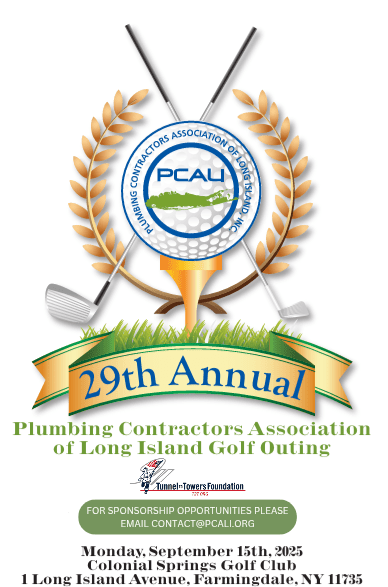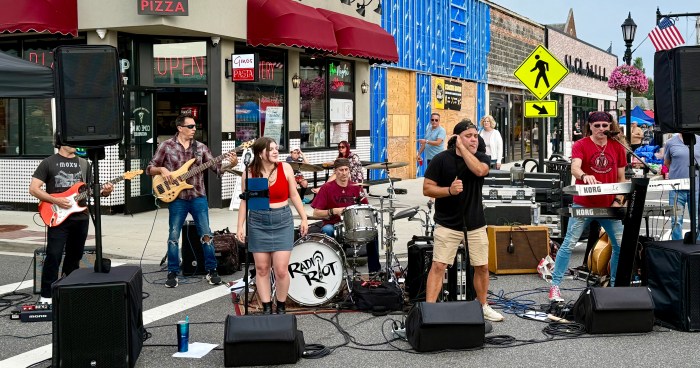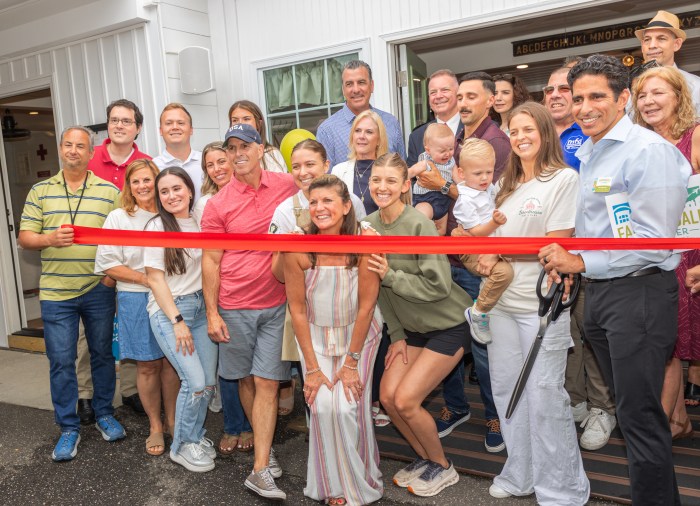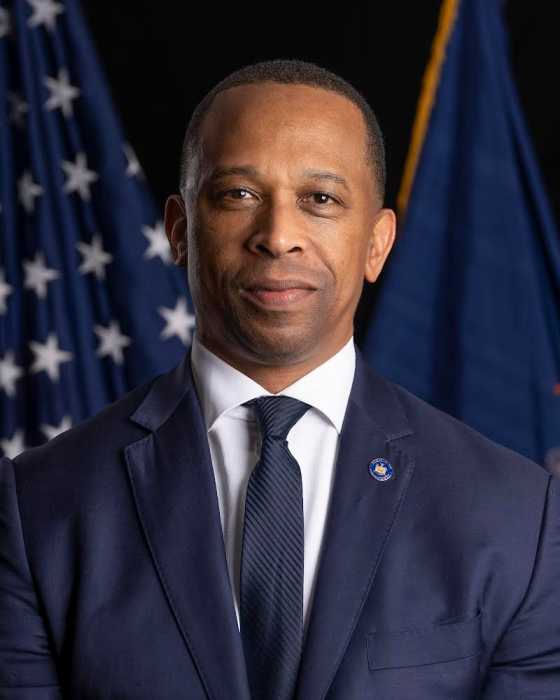Each year in April, millions of people around the world participate in Autism Speaks’ global Light It Up Blue campaign during Autism Awareness Month. It is a time to recognize and shine a bright light on those affected by autism, and to promote their contributions to our families, communities and society at large.
Autism Spectrum Disorder (ASD) is a group of complex disorders of brain development. These developmental disorders are characterized, in varying degrees, by difficulties in social interaction, verbal and nonverbal communication and repetitive behaviors. Autism currently affects one in 88 children, and for many it is a lifelong disorder.
Beyond awareness, it is important as a society to familiarize ourselves with autism and its symptoms so that children and adults on the autism spectrum can feel understood and accepted in today’s world.
For many, autism is an invisible disability; unlike a person who walks with leg braces or crutches, for instance, people with ASD are not easily identified by their appearance or upon a brief first impression. Therefore, it is easy for some to pass negative judgment when they encounter someone who does not seem to respond to a request, has difficulty reading facial expressions and other social cues, or may express intense interest that focus repetitively on a single activity or an unusual object. This, coupled with a heightened sensitivity to light, sound, smell, taste or touch, can make the world a very challenging place at times and may result in distressed or unusual behaviors.
At the same time, it is very important to note that people with autism also have strengths and skills that may go unseen as well. These often include strong long-term memories, skills in art, music, math or science, an exact adherence to rules and routines and the inclination to be precise and honest. The emphasis needs to be on the abilities of people with autism, not their disabilities.
A vital focus of Light It Up Blue and Autism Awareness Month is placed on highlighting the wonderful success stories of so many people with ASD who have overcome many significant challenges in their lives to become fully integrated and contributing members of their communities.
People with autism want to be accepted and included. They want to be a part of our schools, neighborhoods, recreational activities, workplaces and communities. For those with ASD to truly be included and valued, they need to be accepted; accepted for their strengths as well as their challenges. That may mean being a little more patient if it takes a little longer to do something, or if a person doesn’t answer right away or relies on a device to communicate.
People with autism have a lot to say and a lot to contribute to our community—it may just be in a slightly different way. With one in 88 being diagnosed with autism, it’s not enough to just have one month of awareness. Rather, what is needed is a community of support and acceptance year-round; a community that acknowledges everyone’s differences and challenges, and a community that works together to support everyone, making for a richer and more inclusive environment for us all.
Area resident Lisa Goring is Vice President, Family Services, at Autism Speaks, www.autismspeaks.org.

































